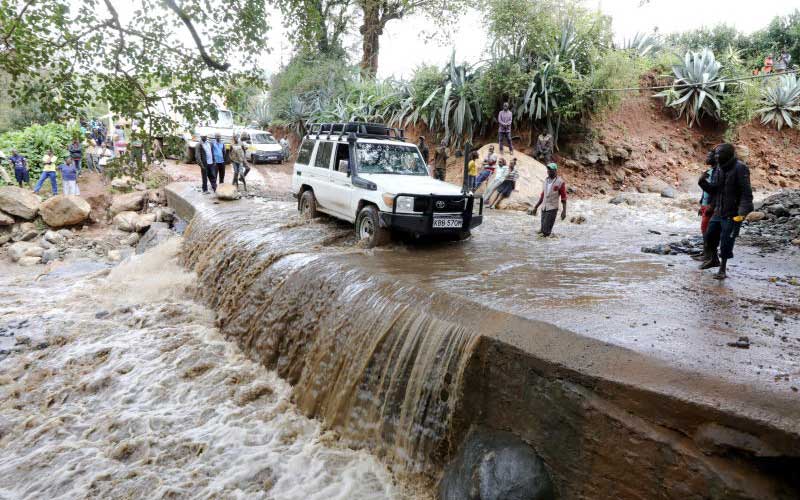×
The Standard e-Paper
Stay Informed, Even Offline

The deadly mudslides and floods that hit West Pokot ten days ago, leaving 43 people dead, have exposed the country’s poor disaster response coordination.
Several teams comprising the county government, humanitarian organisations, Ministry of Interior and Coordination and political leaders were seemingly reading from different scripts in response to the disaster.